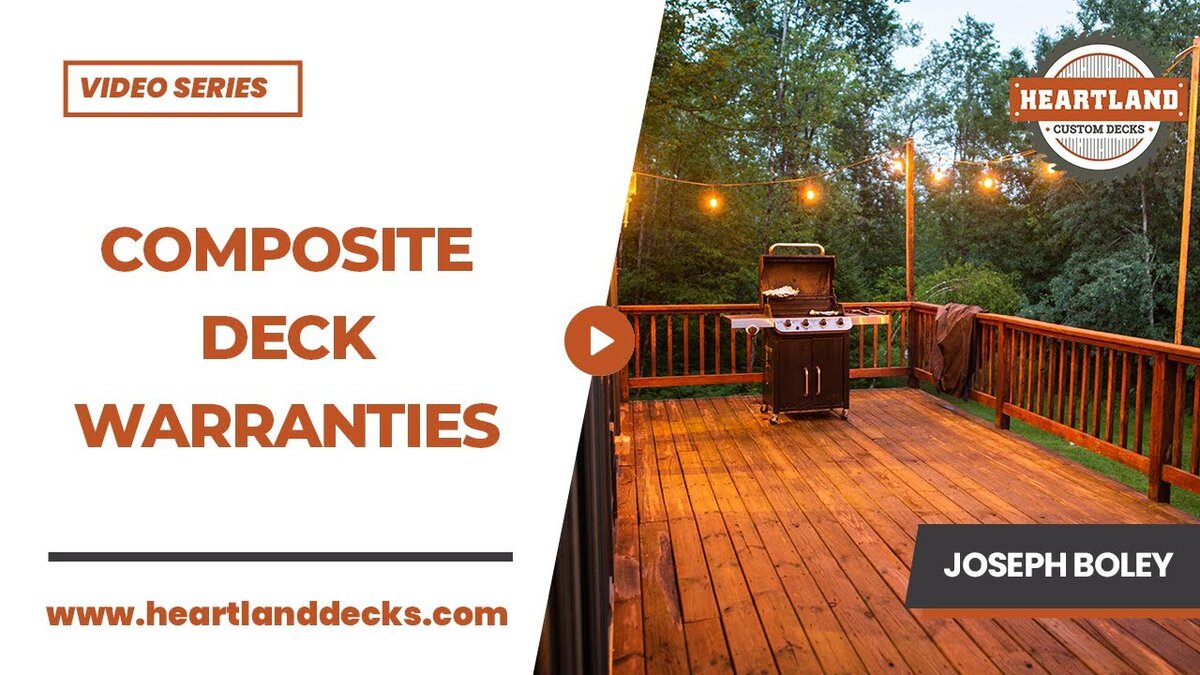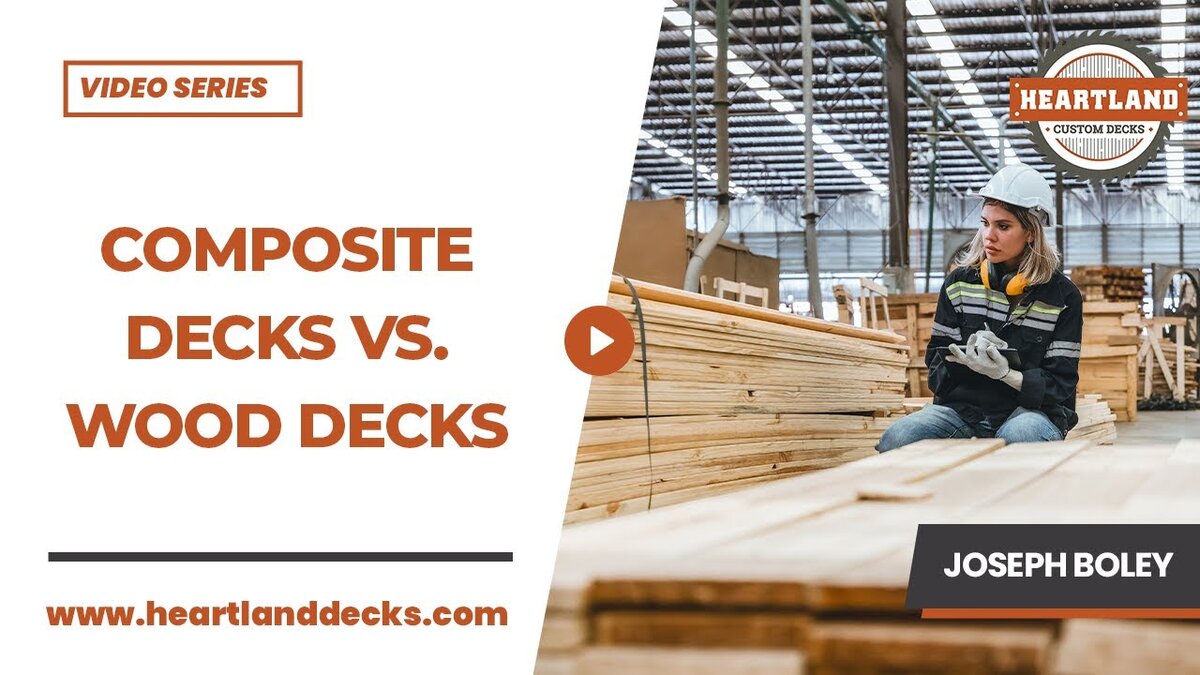When it comes to decking materials, the age-old debate between composite vs timber decking continues to stir discussions among homeowners. Each option brings its own set of advantages and considerations, making the decision a matter of personal preference, budget, and maintenance capabilities. In this article, we’ll weigh the pros and cons of composite and timber decking to help you make an informed choice for your outdoor oasis.
Composite Decking: The Modern Solution
Composite boards have gained popularity in recent years, and for good reason. They are constructed from a blend of recycled wood fibers and plastic, resulting in a durable, low-maintenance decking option. The longevity of composite decking surpasses that of traditional timber, making it a wise investment for many homeowners.
One of the primary advantages of composite decking is its longevity. Unlike timber decking, which requires regular maintenance to prevent decay and weathering, composite boards offer a maintenance-free solution. With minimal upkeep, composite decking can withstand the elements and retain its appearance for decades to come.
Additionally, composite decking is available in a variety of colors and styles, allowing homeowners to achieve the desired aesthetic for their outdoor space. Whether you prefer the look of natural wood or a sleek, modern design, there’s a composite option to suit your taste.
Timber Decking: A Classic Choice
While composite decking offers numerous benefits, timber decking remains a popular choice among homeowners seeking a more traditional look and feel. Timber decking exudes warmth and character, adding a rustic charm to any outdoor setting.
One of the key considerations with timber decking is maintenance. Unlike composite boards, which require little to no upkeep, timber decking necessitates regular staining, sealing, and repairs to prolong its lifespan. However, with proper care, timber decking can last for many years, providing a timeless backdrop for outdoor gatherings and relaxation.
Comparing Longevity and Maintenance
The debate between composite vs timber decking often boils down to longevity and maintenance requirements. Composite boards are renowned for their durability and resistance to rot, decay, and insect damage, making them a practical choice for busy homeowners who prefer minimal upkeep. In contrast, timber decking requires ongoing care to protect against moisture, UV exposure, and general wear and tear.
While composite decking typically boasts longer warranties ranging from 30 to 50 years, the lifespan of timber decking can vary depending on maintenance practices and environmental factors. With proper care, a well-maintained timber deck can endure for decades, showcasing the natural beauty of wood.
Factors to Consider
When deciding between composite vs timber decking, several factors come into play. Budget, maintenance preferences, aesthetic preferences, and environmental considerations all play a role in determining the best option for your outdoor space.
Composite decking may require a higher initial investment, but its long-term durability and low maintenance requirements can offset the upfront cost. On the other hand, timber decking offers a classic look and natural appeal, albeit with greater maintenance demands.
In Summary
Whether you opt for composite or timber decking ultimately depends on your individual needs and preferences. While composite decking offers longevity and minimal maintenance, timber decking appeals to those who appreciate the timeless beauty of wood. Consider your budget, maintenance capabilities, and desired aesthetic when making your decision.
For expert advice on selecting between composite vs timber decking, feel free to reach out to us. Our team is dedicated to assisting you in crafting the ideal setting for outdoor living and entertainment.






